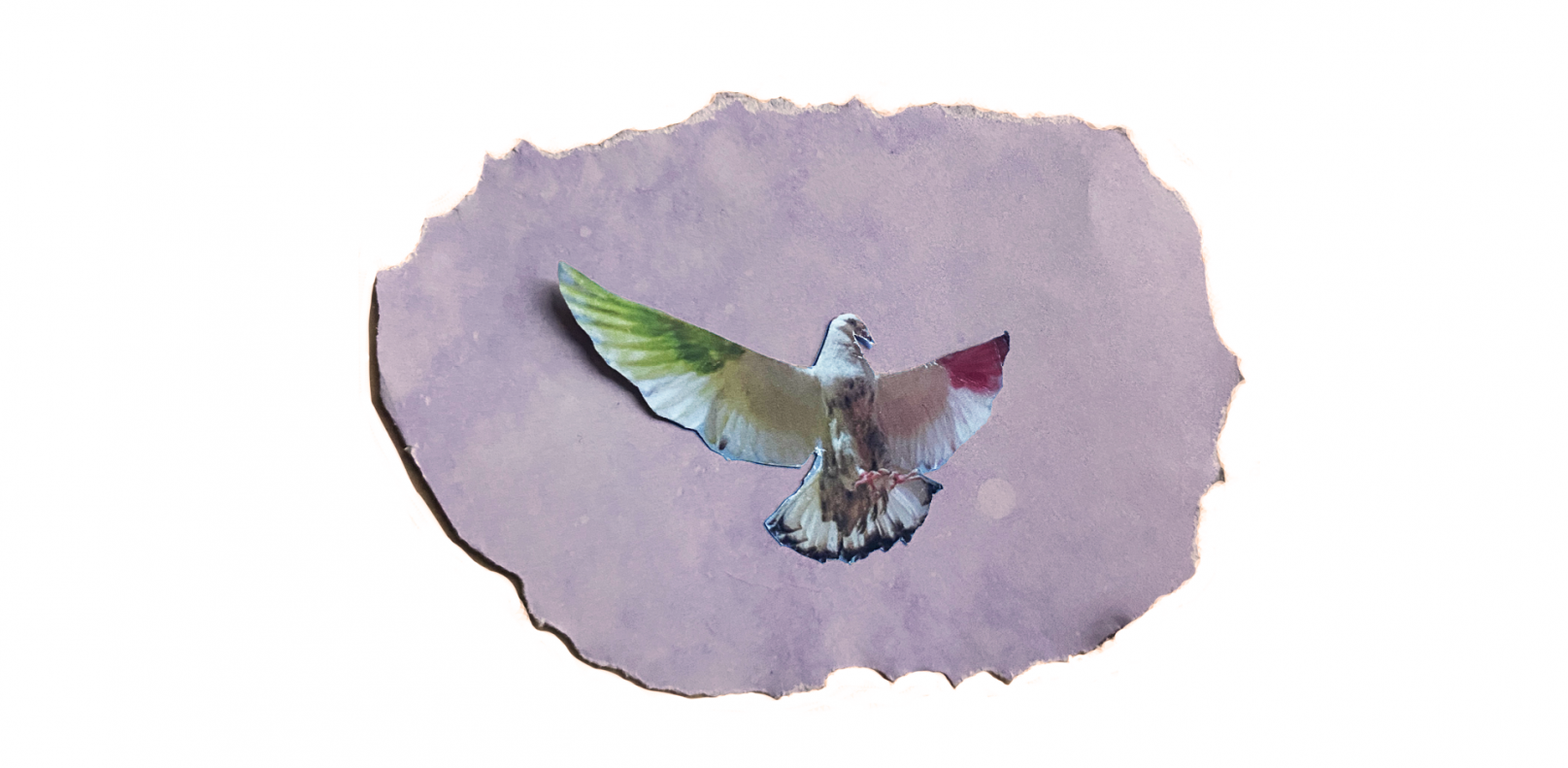Nothing matters and we’re all going to die. The oceans are filling up with plastic, butterflies are going extinct, enoki mushrooms have caused a listeria outbreak, and global warming is actually starting to warm things. Countries are at war, beloved pets are dying, and the entire world is still reeling from COVID-19.
So, what is one to do in the face of all this despair?
The easy answer would be to curl up into a ball on the floor and watch reruns of New Girl while sobbing hysterically. “Wikipedia doesn’t need my donation today,” you whisper as you delete another one of their pleading charity emails. “They’ll be fine.”
The world is on fire and if you happen to dribble some more gasoline on your way out, would anyone really notice?
This detached form of nihilism is distressing most young people nowadays, who often feel a self-inflicted need to solve all of the world’s problems. After all, if we don’t donate to Sarah’s GoFundMe and repost some crappy infographic, we might be branded a terrible person for life!
A recipe for rapid burnout is believing it’s your solemn duty to save the elephants but then not actually doing anything to save them, stuck in a cycle of inaction and paralyzing guilt. Eventually, you’ll become so emotionally dedicated to something that it horseshoes back to indifference. It is a shoddy way of preserving sanity. It also guarantees that any real concern you may have—for elephants, recycling, assassinating Joe Rogan or whatever else—never actually translates into action.
I hate to throw around the words “coping mechanism,” but the endless barrage of terrible news makes the idea of completely detaching yourself pretty appealing.
Expecting real change seems about as useful as trying to telepathically murder all billionaires with the power of mind control.
But wait! There is a way to not be a despondent raincloud of a human being all the time! I present to you the ultimate antidote to hopeless ennui: optimism.
If you want to be radical—in the political way, not the surfer way, however both are encouraged—have some hope for once.
“But isn’t that too reductive?” you might cry, “That’s so simple! So churlishly naive! You can’t just expect things to get better and be blindly happy all the time.”
To this I would say, not at all! It’s true that you can’t expect to be happy all the time, but it’s equally true that you shouldn’t spend your life wallowing in bland pain. Any pseudo-intellectual person on the internet has already read “Wild Geese” by Mary Oliver, but I would implore you to read it again. “Whoever you are, no matter how lonely,” Oliver writes, “the world offers itself to your imagination… announcing your place in the family of things.”
You must learn to care about things recklessly and with your entire being. If nothing in the world is appealing and you (God forbid) start decorating your home in various shades of minimalist beige while eating plain oatmeal: STOP! Take in your surroundings. Do you know people that make you laugh? Do you own a houseplant, a cat, a human child, or some other living creature that relies on you for help? Are you feeding yourself delicious food and beverages? Do you go out and do fun things?
Most of all, do you make your own life worth living?
Marcus Aurelius, a Roman emperor, often wrote personal notes to himself about how to follow Stoic philosophies. His writing was later compiled and published as the now-famous “Meditations.” Aurelius never intended for his words to be shared, but they’ve now resonated with readers thousands of years into the future.
“At dawn, when you have trouble getting out of bed, tell yourself: “I have to go to work — as a human being. What do I have to complain of, if I’m going to do what I was born for — the things I was brought into the world to do? Or is this what I was created for? To huddle under the blankets and stay warm?”
Millions of human beings have lived and will live on the pale blue dot that we call Earth, searching for what makes them happy. Some people’s life calling is to train dolphins. Others want nothing more than to bake sourdough bread. Purpose can be found everywhere, everyday, if only we allow ourselves the chance to find it. You must seek out small joys. You must become comfortable with silliness. Life is inherently silly! We laugh, cry, and shop for groceries while the planet beneath our feet hurtles through the endless depths of space.
We are not the first people to experience pain. We won’t be the last, either. There is a certain measure of comfort in knowing that the Earth existed long before humans ever did, and will continue on without us just the same. In the finite blip between our first cry and our last breath, we owe it to ourselves to find joy.

